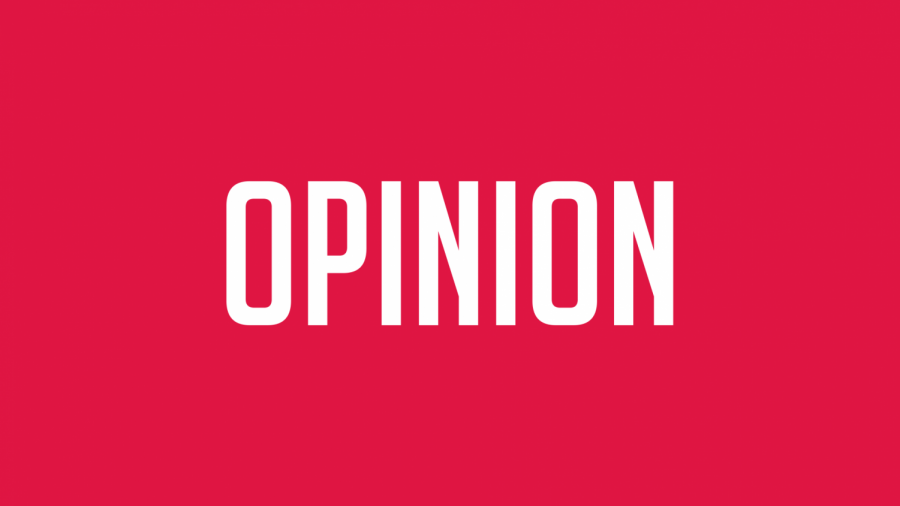OPINION: First it was Hollywood: rapists shouldn’t get to walk free
November 9, 2017
The floodgates have opened, and the best-kept secrets of powerful men are spilling out.
The scope of Harvey Weinstein’s harassment allegations evidenced a systemic issue that demands resolution.
It is no longer possible to look at harassment as a series of isolated cases, and it didn’t take long for purposeful dialogue to progress following the onslaught of allegations concerning Weinstein’s repulsive actions.
Weinstein’s accusers gave the rest of the public the green light to open up about their own experiences, as it became evident that there is an opportunity to affect change if the numbers add up.
Kevin Spacey was fired from Netflix. Kentucky Speaker of the House Jeff Hoover stepped down. NPR top newsroom executive Michael Oreskes was forced to resign.
This problem is not just Hollywood’s problem. It encompasses an entire system comprised of various fields and is consequently representative of a societal dilemma that must now be confronted in a seriously.
The conversation is thriving like never before, and I’m here for it. But this is just the first step.
Weinstein was the beginning, but he’s still not facing trial. Sexual harassment and assault cases must still be constructed with a particularly careful hand because, unlike many other stems of the justice system, sexual violence cases side with the abuser before the victim even gets a chance on the podium.
Checking into a rehab facility has long been the rich man’s get-out-of-jail-free card. For abusers and misogynists who use their power to threaten others in the name of sexual gain, rehab will not suffice.
Sexual violence is notoriously difficult to prove in a court of law and presents even more obstacles in the initial stages before arrest. Rapists shouldn’t get to walk free, but reasonable suspicion is much less broadly applied to rapists than it is to other criminals.
Though the numbers are stacked unfavorably toward Weinstein, building a case that will stand strong enough for him to eventually sit behind bars will prove difficult to say the least. The New York Police Department has begun this process and is gathering evidence in the first allegation deemed “credible” enough to press charges.
Not to say the threshold over which rapists will be held accountable is completely insurmountable, but rather that it will be a long climb before that precipice comes into view for many.
Public discourse provides a platform on which victims can feel welcomed by the understanding that they do not stand alone. It educates victims and grants them the knowledge that this thing they’ve undergone has a name, has a face and deserves punishment.
It cannot be brushed aside simply because people were not aware that their experiences are more than a feeling of uneasiness about a person’s presence or comments. Abuse and harassment are so deeply ingrained in the roots of everyday interaction that they often go relatively unnoticed or misinterpreted. People make excuses for inexcusable behavior because that’s what they were taught to do.
Aggressive and demeaning advances are not flattering, so stop normalizing them.
A co-worker or superior relentlessly making passes at you, sexualizing you, or inappropriately touching you are not an acceptable quality of workroom banter. These acts establish a demoralizing work environment and contribute to the disgusting notion that others exist to accomplish predators’ penchant for sexual domination.
Begin to normalize debate and lawful action instead. Start the conversation, but don’t let it lose traction until change is actualized. It is a good start, but it is only a start.
























